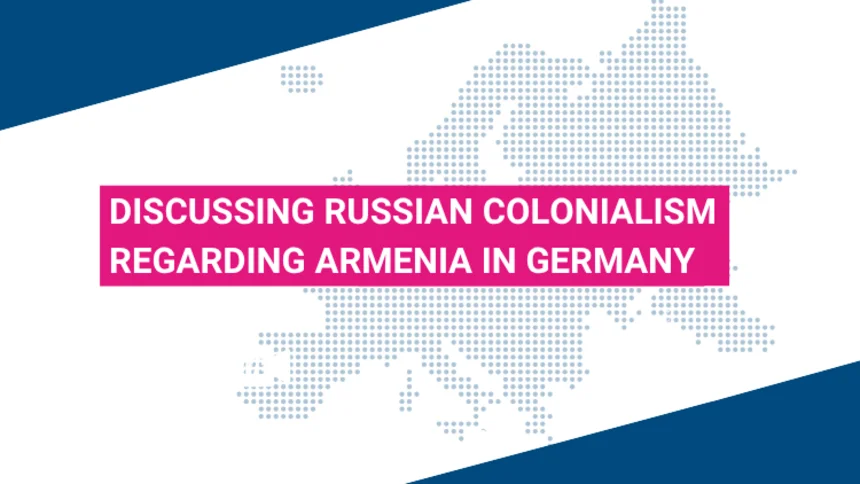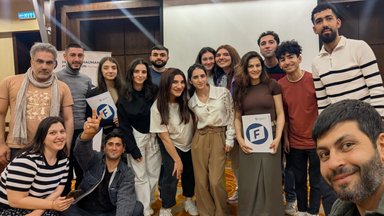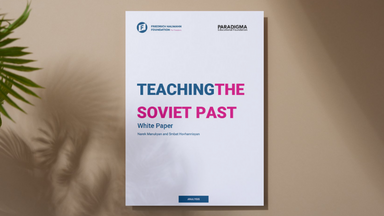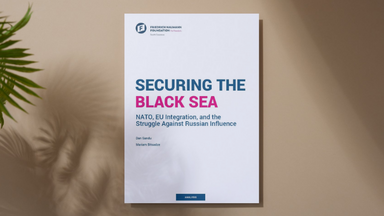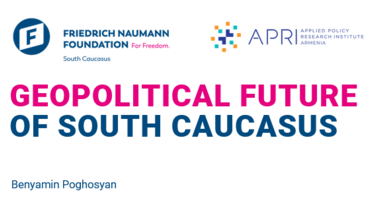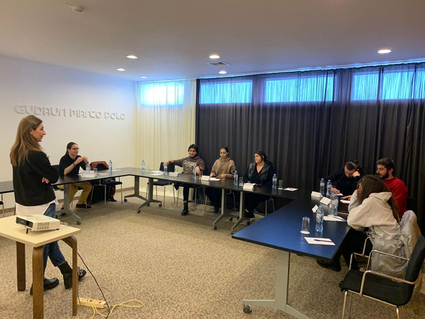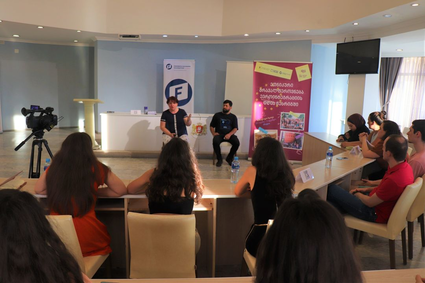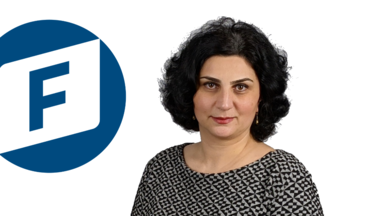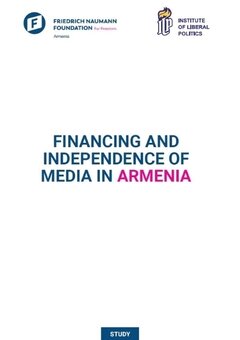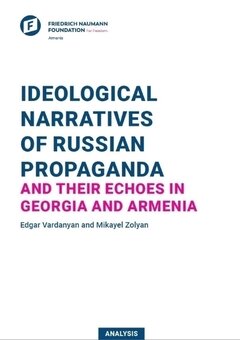Tbilisi
The Friedrich Naumann Foundation for Freedom has been active in the South Caucasus since 1996. The work began with projects of the political education in Azerbaijan, from 2002 also in Armenia and Georgia. The office is located in Tbilisi, Georgia. The main focus of the work is the transformation process of former soviet republics towards modern democracies with free political systems based on social market economy and the rule of law.
News
-
Discussing Russian Colonialism regarding Armenia in Germany
FNF supported three Armenian experts to visit Germany to talk about Russian Colonial narratives regarding Armenia. The experts presented their studies in Berlin, Potsdam and Frankfurt (Oder) and had discussions with people working on or interested in the topic.
-
Armenian Liberal Academy 2025
FNF Armenia’s 2025 Academy brought together 17 young participants for an engaging deep dive into democracy, human rights, Armenia’s political landscape, and Russian colonial legacy—sparking critical dialogue on the country’s future.
-
TEACHING THE SOVIET PAST
This paper presents the initial results of longitudinal critical discourse analysis of Soviet coloniality through memory politics via school history textbooks in a Soviet post-colony, the Republic of Armenia, starting with its independence in 1991 and over the period of 1950-2023.
-
Securing the Black Sea
Discover how NATO and EU integration can counter rising Russian influence in the Black Sea. This policy paper by Dan Sandu & Mariam Bitsadze offers urgent insights into securing regional stability and defending democracy.
-
How to Become a Tyrant: The Populist Playbook
How can modern populists transform democracies into authoritarian regimes? In the “Populist Playbook” Sven Gerst examines the real threats posed by contemporary populists, contrasting them with historical tyrants. He outlines how populists identify societal grievances, polarize communities, and centralize power, ultimately undermining democratic institutions and consolidating control.
-
Media Environment 2024: The Fight for Trust and Freedom
"Media Voice", with the support of FNF South Caucasus presented its annual study, titled "Media Environment 2024: The Fight for Trust and Freedom," on March 26. The event brought together key representatives from the media, non-governmental organizations, the diplomatic corps, and academia. The presentation was officially opened by Ernst-Peter Fischer, the German Ambassador to Georgia.
-
Geopolitical Future of South Caucasus
The South Caucasus faces rising geopolitical tension after key conflicts like the 2020 Karabakh War and Azerbaijan’s recent actions. Analyzing these is vital for the region’s future and prosperity.
